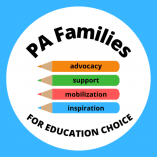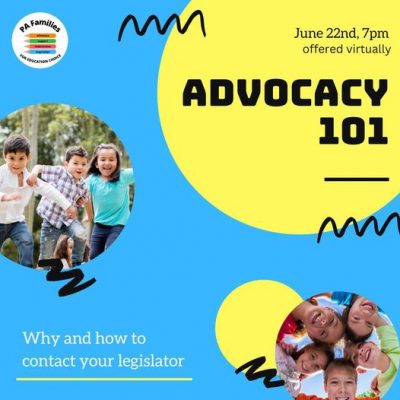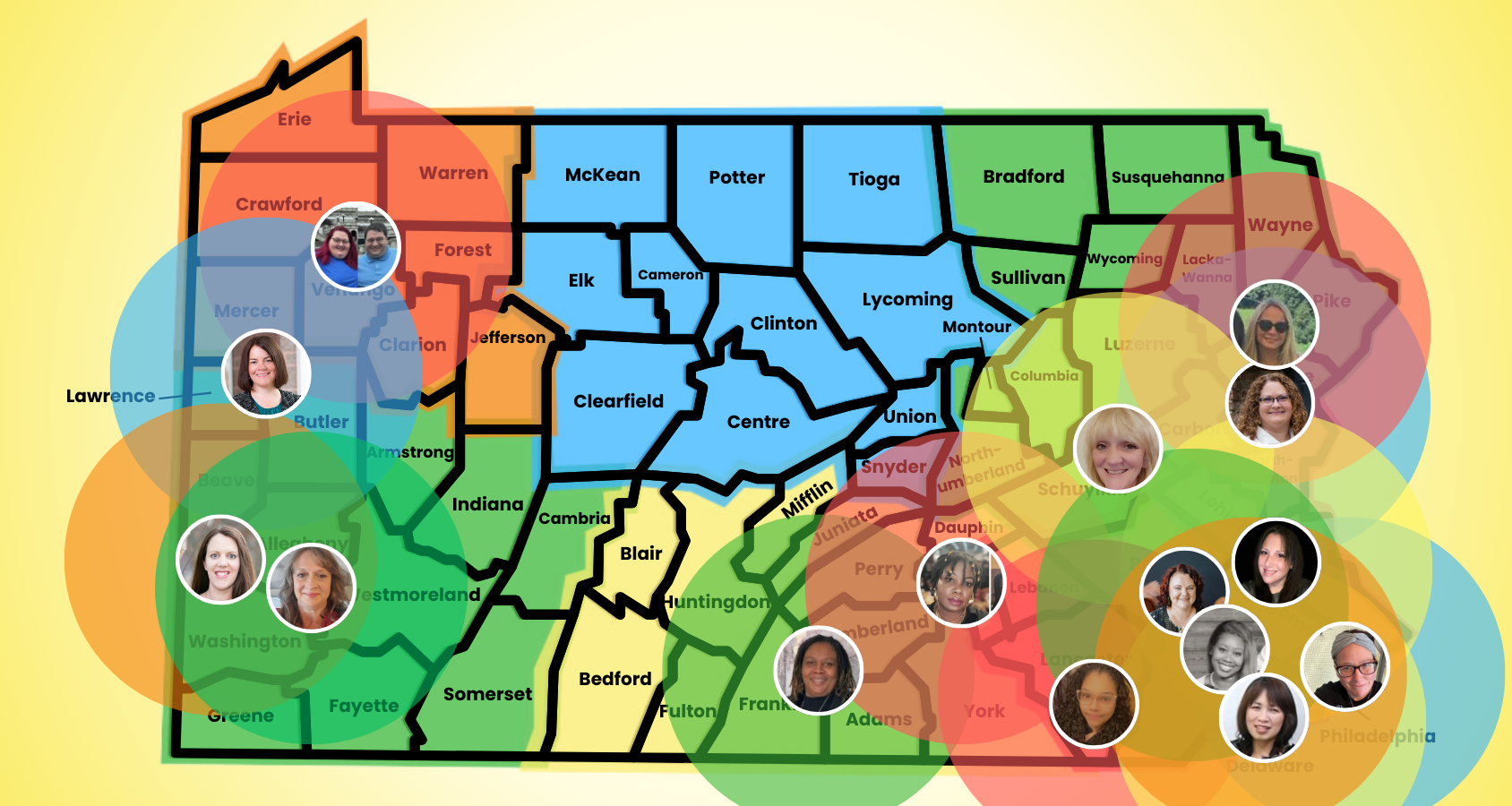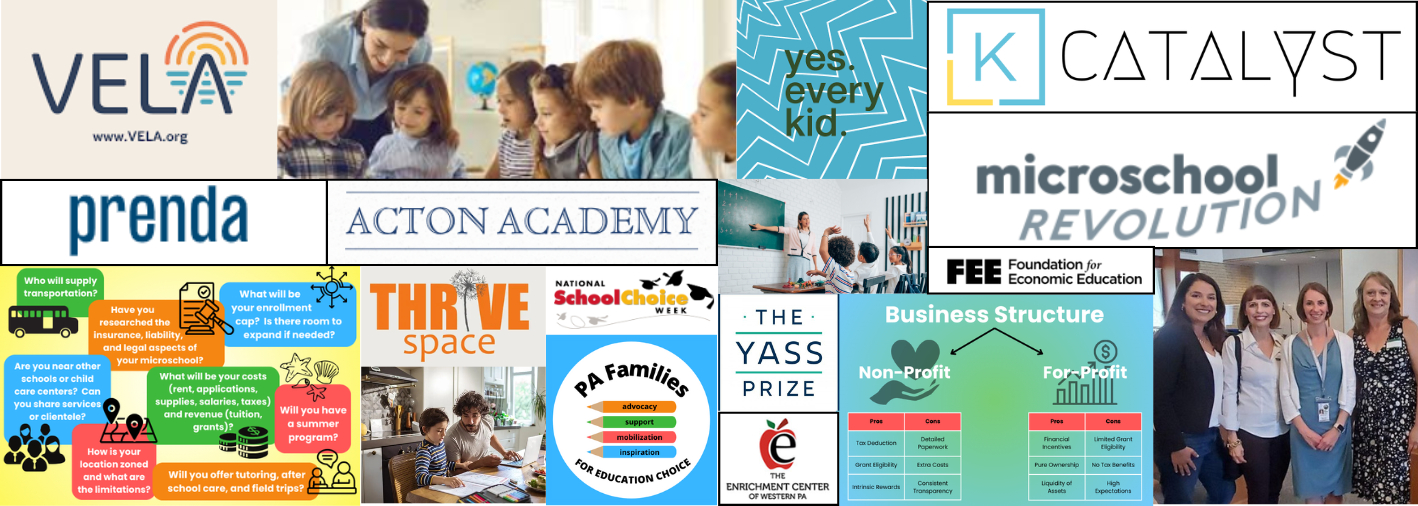Hybrid Homeschooling: The Solution for this
Lehigh County Family
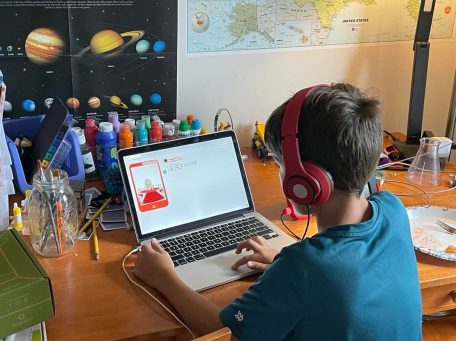

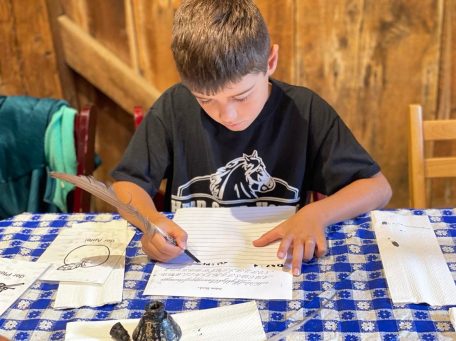

Stephanie’s son coding (1) and learning about the 1800s in a farm created during that time (2).
Stephanie is a powerhouse of a mom – a Biotech Sales Representative, married with one child and another on the way. Realizing that a traveling work lifestyle was becoming more difficult, she decided to change courses and started consulting work. In January of 2020, Stephanie’s kindergarten son asked if he could be homeschooled, she wasn’t sure she could do it and while she didn’t agree then and there, it was something that stayed in the back of her mind.
And then COVID, like for many of us, threw her family into a bit of a loop. So, after participating in the district cyber program to which students were relegated for the remainder of their school year, Stephanie decided to interview every single cyber charter in search of programming for her rising 1st grader; but previous experience and behavior had taught her that virtual wasn’t the best option for her son – and he didn’t want to do it. She worried that he would lose his love of learning and would become frustrated with the dynamics of an online environment. Homeschooling appeared to be the best route for the family, where her son could pace his schoolwork based on his needs, and could be provided with a customized, rather than standardized, education. She saw that he flourished in this setting.
Stephanie routinely hears concerns from non-homeschoolers about lack of socialization within the homeschooling environment; but asks if the “socialization” within her district and others would be detrimental to her family. She has heard accounts of 5th graders graphically detailing sexually violent material, and 17 drug busts took place at the district high school on the first day of the school year. (This is a district believed to be one of the “nicer” ones with extraordinarily high property tax rates.) When the prevalence of teenage depression and suicide attributable to school environments are factored in, it’s not a risk that she wishes to take. Stephanie believes that tendencies within her district “socialization” would be extremely harmful to her children, and would much prefer that they simply not be exposed from the outset (and I can’t say that I blame her).
Stephanie believes that a total overhaul of the education system is in order. Teachers are not in a position to engage all kids because of simple class dynamics and widely ranging student personalities and needs. Stephanie makes it clear that she places no blame on the teachers – but rather the system, with a self-perpetuating cycle that creates a problem, and then the decided upon solution only serves to further exacerbate the original problem. And the cycle continues and deepens.
Stephanie’s homeschool schedule follows a detailed schedule each week in phonics, reading, spelling, math, and history, science, art, coding, Spanish, which is inspired by Charlotte Mason curriculum. She credits her successful homeschooling journey to prioritizing meeting with others in person, engaging via Facebook communities, and “trial and error”. She tells us that “you don’t have to marry yourself to a curriculum” and stresses the need to “give yourself a tremendous amount of grace…it’s not if your child is behind or ahead, it’s just where they’re at and the beauty if you can meet them there without inflicting anxiety. What’s more is you celebrate their wins and share in the joy of the journey.”
Stephanie’s homeschooling journey is hybrid, and her son attends an in-person program called Providence Hybrid Academy twice a week. The Academy is a non-profit, hires certified teachers, and is directed by a former English teacher who has experience homeschooling her own children. The curriculum is Charlotte Mason “inspired”, though a wide range of resources are utilized. This hybrid group has facilitated many field trips and time for socialization – a hands on history farm trip, 2 recesses in each day, nature studies, and lots of hands-on play. The group is a closely knit cohort, from “all different walks of life”, with varying opinions and respect for each other as individuals, which is then conveyed successfully to the students. This hybrid program provides a beautiful balance for her son to still have a school environment, but with other children who are also homeschooled.
Outside of the hybrid group, Stephanie also participates in an art lab near their home, and takes advantage of area events, such as the recent Lego Convention, where her son was able to speak with a Lego Engineer. Online resources include Synthesis (their slogan is “embrace the chaos”), YouTube, Outschool, Singapore Math, The Good and Beautiful, Odyssey Science and Curiosity Chronicles.
Stephanie describes her homeschooling experience as “a lot of joy”, and feels it has drawn her son and daughter closer together. The family is able to create and establish the values and culture that’s consistent with their family. Stephanie feels that she gets more hands-on time with her children, and loves being able to see the “light bulb moments”, and developing independence and confidence. The major drawback Stephanie mentioned was the societal view of homeschooling families (though she said that only happens occasionally, and the perception of those who don’t at first understand is short-lived). The other difficult part of homeschooling for her family is financial in nature. Homeschooling families may have to make sacrifices that sometimes coincide with a lighter work schedule and therefore less household money. That, coupled particularly with the current rate of inflation, has made the expense burden a little heavier as of late. While Stephanie doesn’t favor formal government-funded and administered homeschool assistance, she would like to see some sort of a tax credit; after all, it is due to the inability of the district (for which we do already pay taxes) to provide appropriate education that homeschooling can be sought in the first place.
Stephanie’s words of encouragement: “I believe that children are by design curious thinkers, problem solvers and learn the best through play. Homeschooling doesn’t mean schooling at home all the time. It means going out and experiencing museums and listening to an interesting podcast or audiobook on the drive. It means creating fun games for kids to play while they are learning. It means learning fractions while baking a cake. As parents, we know our children and their needs better than anyone else.
The opportunity to homeschool my children has been the greatest gift of my life. I would encourage anyone who is considering it to reach out to other parents that are homeschooling. There is no one right way. There is the way that works best for your family. It’s not always easy, but it is always worth it.”
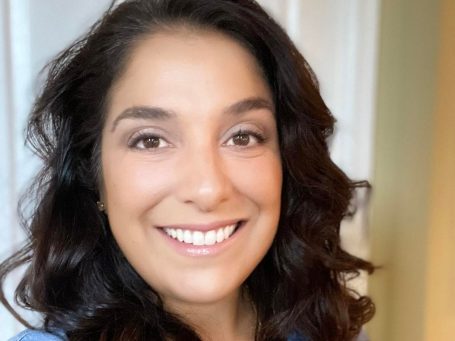

Stephanie is a wife and mother of two. She loves to read, cook, and be with family. She encourages everyone to read, “Free to Learn” by Peter Gray.
